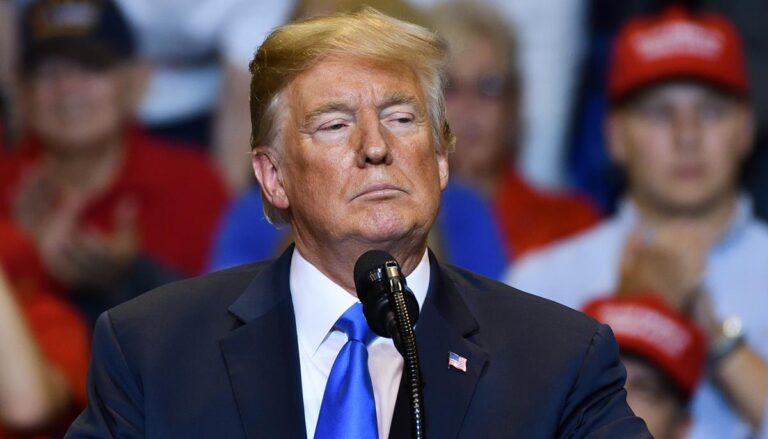Former US President Donald Trump became the first former president in US history to face criminal charges yesterday. A grand jury in New York indicted Trump over a purported hush-money scheme involving adult film star Stormy Daniels. What happens next is anyone’s guess, as we’re now in uncharted waters.
From here, the only thing we do know is that Trump will have to surrender to the New York judicial system and appear before a judge. District Attorney Alvin Bragg’s office says it has reached out to Trump’s camp “to coordinate his surrender.”
Grand Jury
The grand jury has been investigating Trump for months, according to reports from people close to the case. The exact nature of the charges against Trump are still under wraps, likely due to the sensitive nature of the case. Given that this is the first time a former US president has ever faced criminal charges, the court seems to be taking steps to ensure that due process is followed.
That being said, some experts believe that Trump may face charges for falsifying business records. He is accused of paying Stormy Daniels “hush money” before the 2016 presidential election in order to keep her from telling reporters that the pair allegedly had an affair.
Are These Charges Serious?
Others have questioned just how serious any white-collar charges against a former president could really be. “It’s quite serious, even if the charge itself doesn’t reach the heights that some people would expect from a former president,” says former US attorney Kim Wehle, now a professor of law at the University of Baltimore.
Trump’s former lawyer, Michael Cohen, admitted to paying Daniels $130,000 in hush money two weeks before the election. Trump himself admitted to reimbursing Cohen for this payment, often writing him personal checks for the money.
Why Is That Illegal?
Cohen’s pay-off to Daniels would constitute a campaign finance violation, itself a crime, as it wasn’t publicly declared at the time it was donated. When the Trump Organization characterized its repayment of Cohen as covering “legal fees,” when it was, in fact, a reimbursement, that itself could be characterized as falsifying business records–a felony if done in the name of covering up the evidence of another crime.
Unsurprisingly, Trump and his allies have characterized these charges as political persecution. His opponents instead argue that this is the rule of law in an organized society, proving that no one is above the law.





